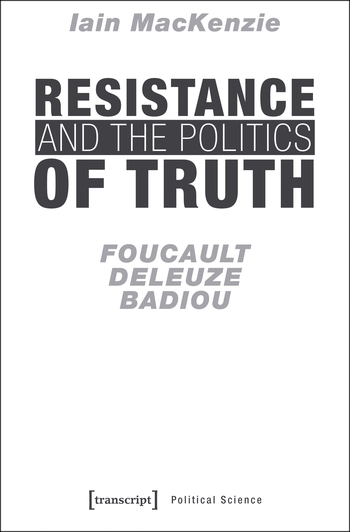Humanity’s Growing Pains: A Post by Walter Dodds
 Walter Dodds is a professor of biology at Kansas State and the author of Humanity’s Footprint: Momentum, Impact, and Our Global Environment.
Walter Dodds is a professor of biology at Kansas State and the author of Humanity’s Footprint: Momentum, Impact, and Our Global Environment.
Humanity is entering adolescence. For most of our history, the world has had unlimited capacity to take care of our needs by supplying the air we breathe, the water we drink, and the food we eat. Sure, there were places and times where food was scarce and drought temporarily limited water supplies, but years of famine were followed by years of plenty. Worst-case scenario: a culture could survive by moving somewhere else. We were children who took for granted that provisioning from Earth was infinite and never ending. Our planet was so large that the only limitation was figuring out how to harvest its bounty. Humanity is now leaving our childhood behind.
We currently influence our entire planet. Consequences of our behaviors alter global weather patterns. Our appetite for energy is depleting nonrenewable resources. We will eventually run out of oil. We will cause the extinction of the majority of other species that share our planet. We are like teenagers with their first car: we love the freedom, feel invincible, and have no fear of consequences. We behave as if we can do what we please to the global environment without considering the effects on ourselves or future generations. Denial of the consequences of our actions—just as teenagers deny that automobiles are dangerous—is widespread across cultures around the globe.
I contemplate the effect of humans on Earth while preparing for a return trip to study the effects of frog extinctions in Panama. The mountain frogs of Central America are being completely wiped out by a fungal disease that was introduced by people. As it sweeps through Panama from Costa Rica, it is decimating frog populations in the cooler, high-elevation regions that contain many frog species, causing their extinction. The tadpoles of many of these frogs develop in streams that will change drastically after the frogs are lost. I study these changes. Species of frogs, snakes, and lizards that rely on the frogs as food will be lost or decrease in abundance, and the insects that the extinct frogs eat will increase. There is no stopping the disease and no cure. The only way to spare the frog species from the disease is to raise them in aquaria and never return them to the wild.
Why worry about the frogs? They are a perfect symbol of the unintended consequences of our actions and the attendant lack of concern that most people have for our impacts. News organizations may feature a small article about the loss of the frogs, but such an article will receive nowhere near the attention paid to the intimate details of celebrity antics, Wall Street, sports events, or the weather. The loss of large numbers of species should be viewed as a warning sign of what can happen to humanity. In our collective adolescence we feel invulnerable, yet a devastating disease could just as easily sweep through the global human population. It is possible that increased travel will lead to the accelerated spread of disease through human populations, a larger number of people without safe water and adequate nutrition will be more susceptible to disease, while further contact with wildlife and more concentrated agricultural animal production will increase the probability that a novel disease could germinate and sweep through our populations.
Will we survive our adolescence without permanent damage? Becoming aware of the fact that we are not invulnerable to the damages done to the global environment is one step in moving toward a future of comfort, equity, and health. Denying the consequences of our collective actions decreases the amount of stress and worry we feel now and increases the profits for some. Yet providing food, shelter, health, and security requires behaviors that allow the long-term sustainable use of the resources of our planet without diminishing the base capital it takes to support us. Just as teenagers come to realize that they can be injured in an accident, that gas and insurance costs need to be met, and that they are not alone on the road, humanity has some growing up to do. We are at a critical juncture because for the first time in history the consequences of our collective behaviors are global and likely functionally irreversible over our lifetimes.




